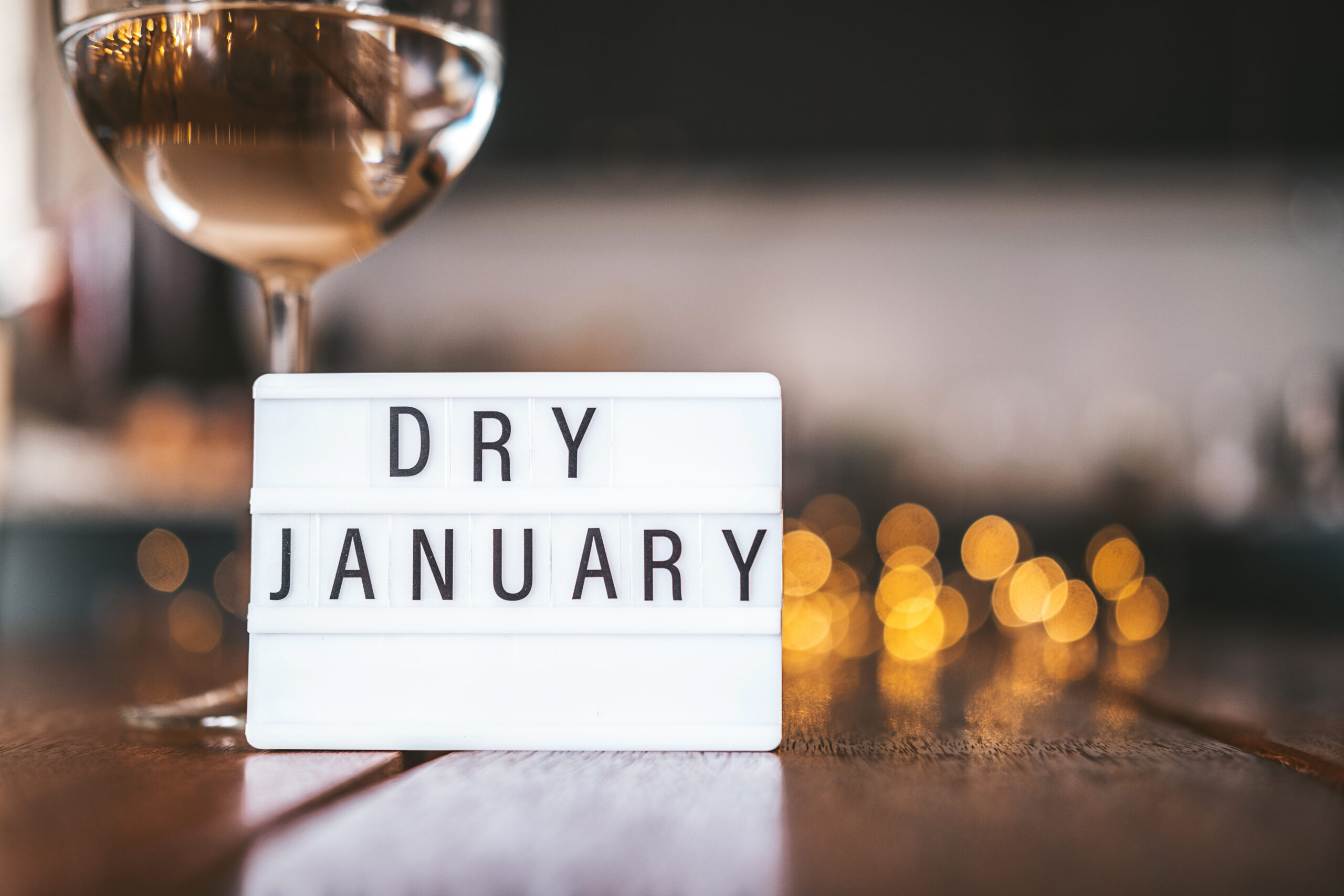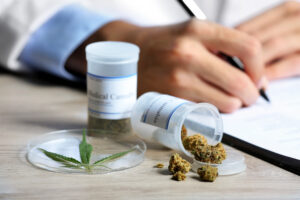The new year is here and as 2024 opens the Internet is a-buzz about Dry January. News outlets from The New York Times to The Today Show are talking about it. Even The Weather Channel has a piece about Dry January this year (and, no it’s not weather-related!).
So, what is Dry January and why should you care? This Diamond Recovery article will answer those questions and more.
What is Dry January and Where Did It Come From?
Dry January, simply put, is an effort to raise awareness about alcohol consumption and alcoholism. It’s not necessarily targeted at people who know they have an alcohol use disorder. Rather, it is targeted at people who are drinking more than they should and may not be aware of it.
The Dry January concept was first developed by a British charity called Alcohol Concerns (now called Alcohol Change UK). An independent study by the University of Sussex in 2014 found that 72% of those who participated in Dry January had reduced their harmful drinking behavior within 6 months.
Dry January, Quitting Alcohol and Withdrawal
Before you commit to a Dry January, you should be aware that depending on how much you drink, you may experience withdrawal symptoms. Anyone who drinks more than 2 drinks a day is above what is considered the healthy limit.
If you drink more than 2 drinks a day, consult your doctor or another medical professional before suddenly stopping your alcohol consumption. Withdrawal symptoms for lighter drinkers may be mild and can include insomnia, fatigue, and irritability.
However, moderate to heavy drinkers may have more serious physical withdrawal symptoms when abruptly quitting alcohol. In the most serious cases, these physical withdrawal symptoms can include becoming violently ill and even potentially fatal seizures.
If you are a moderate to heavy daily drinker, do not suddenly stop your alcohol consumption without first consulting your doctor or another qualified medical professional.
This article is not intended as medical advice. Consult your doctor with questions about Dry January.
How Can I Participate in Dry January?
It’s simple. To participate in Dry January, all you need to do is take a closer look at your drinking habits, like weekend binge drinking for example. Consider whether or not alcohol addiction could be a problem for you. Believe it or not, millions of people are addicted to alcohol without being aware of it. In fact, that’s the reason Dry January was created in the first place.
How to do a “Dry January”
- Examine your drinking habits, openly and honestly.
- Commit to a month without drinking alcohol.
- At the end of the month, reconsider any harmful drinking habits you identified.
What Are The Benefits of Dry January?
The idea behind Dry January is that taking a month off from drinking can “reset” the clock, so to speak. It not only reduces your tolerance to alcohol but also gives your body a chance to rest. Even light to moderate alcohol consumption undermines the quality of your sleep. Chances are after a few days of adjustment, you will find you are getting more restful sleep.
Another benefit of Dry January is that many participants find that they not only feel healthier, they also look healthier. The majority of people in that University of Sussex study we mentioned earlier lost weight and reported clearer skin. The same study found that Dry January can also keep a little more money in your pocket too, and who couldn’t use that with inflation being what it is at the moment?
Benefits of Dry January include:
- Reducing your tolerance to alcohol
- Breaking unhealthy habits
- Better, more restful sleep
- Losing weight
- Clearer skin
- Saving money
How Can You Tell If You Have Alcoholism Or A Drinking Problem?
This is one of the questions we are most often asked. It isn’t always obvious to someone who has an alcohol use disorder that their drinking is a problem. If you find yourself asking this question, it’s actually a good sign believe it or not. It means you have raised your own level of awareness about your drinking.
Only an evaluation by a medical professional can produce a formal diagnosis of an alcohol use disorder, AKA alcoholism. However, there are some things you can do in order to detect any red flags or warning signs that may be present. That way you can take the next step and contact Diamond Recovery or another medical professional organization for an evaluation.
Here are some questions you can ask yourself to see if alcohol addiction may be a problem for you:
- Have friends or family ever expressed concern about your drinking? More than once?
- Have you been late to work or called out sick due to drinking? More than once?
- Do you refuse to go to parties or events where alcohol will not be served?
- Do you ‘pre-game’ (drink at home) before going out to a bar or club?
- When you get upsetting news, is your first thought to grab a drink?
If you answered “yes” to one or more of these questions, that is reason enough to look deeper into your drinking behavior. Alcohol may be doing far more damage in your life than you realize.
Want to talk about it confidentially, with no pressure or judgment?
Give us a call at (844) 909-2525
Diamond Recovery is Raising Awareness About Alcohol
Diamond Recovery is an organization of medical professionals dedicated to informing the public about substance use disorders, including alcoholism, and providing comprehensive treatment for alcohol addiction.
We hope you found this article about Dry January helpful. If you or someone you love could benefit from dual-diagnosis treatment for an alcohol use disorder or you just have questions about addiction or mental health treatment, please give us a call at (844) 909-2525.






